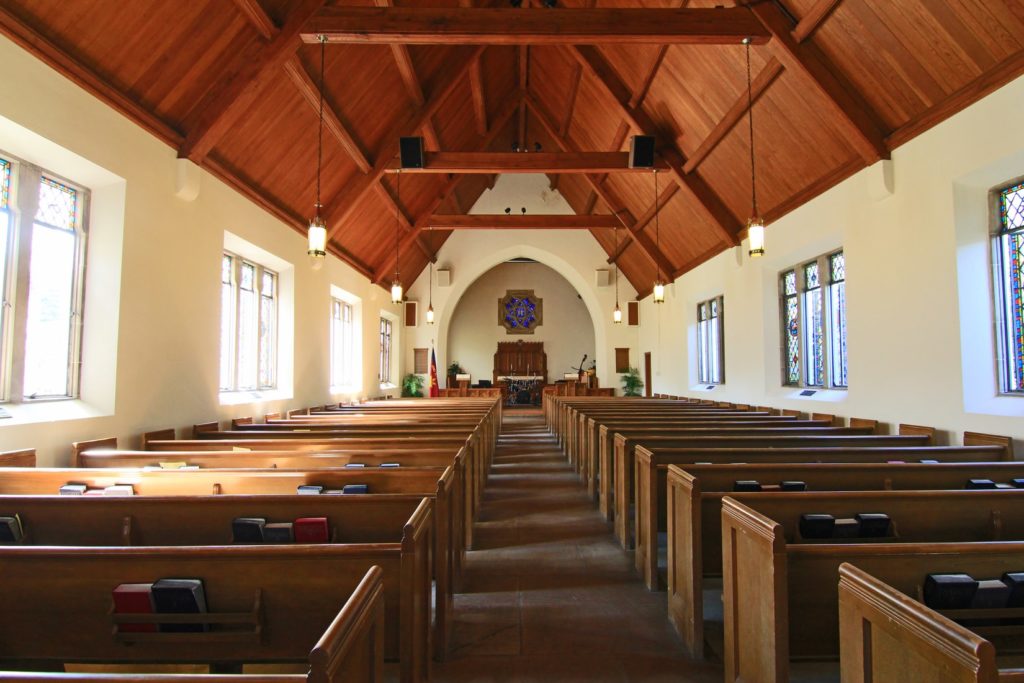The epistle of James is both practical and beneficial for dealing with a variety of topics. In Chapter 4:1-10, we see James addressing church conflict.
As the church begins this process of regathering, there is potential to disrupt and even destroy the fellowship in the church. This COVID-19 pandemic has polarized our nation, our local municipalities and, yes, even the church. Many people believe this pandemic is overhyped and not to be feared, while others are paralyzed with apprehension and anxiety. So, to properly navigate this polarization it will take calmness, patience, and an understanding attitude.
James addresses this matter of division in the first 10 verses of chapter 4.
I. The conflict (4:1)
James mentions discord and divisions in the church (battles and fights). These two words are relative to conflict in general and specific skirmishes that result in conflict. There are a number of landmines you must consider as you reopen your church, such as: Is wearing masks required? What if someone objects? What if people refuse to social distance? How will the offering be taken? What about the ordinances? Is it safe to sing? Everyone will have an opinion, but how do we arrive at the best solution?
Jesus reminded us “Blessed are the peacemakers.” We only arrive at a peaceful solution by giving each other grace. (6a)
II. The concern (4:2-6)
James pulls back the curtain on the issues that prevail in the church and mentions our personal issues as well. He gives us three reprimands relative to the conflict and concern:
A. Passions (2,4) – selfish desires (hedonism), covetousness, and through this lust the people had become worldly and materialistic and were driven by greed.
B. Prayerlessness (3) – the discipline of prayer had diminished, and it had become profane because their petitions were selfish and self-serving.
C. Pride (6) – pride had become the result of selfishness, materialism, and loss of spiritual wellness.
III. The correction (4:7-10)
Now James offers the road back to God (10 verbs in the Greek language) that bring spiritual restoration. It begins with submission to God, which is the most important concept in living the Christian life. (We are called to submit to God, to submit to one another, to submit to the governing authorities, to submit to leaders in the church, etc.) It’s a military term that reminds us submission is essential for order and accomplishing any mission.
We are to resist the devil, which happens as you submit to God, and the devil will flee from you. Drawing near to God happens through submission as well (A.W. Tozer, “Nearness is Likeness”). The remaining verbs give evidence of personal repentance. (Clean hands, pure heart, mourning over sinfulness) and, finally, humility is the pathway back to God.
IV. CONCLUSION
The God-honoring, Christ-exalting church requires unity (Phil. 2:2). This unity requires unselfishness, a return to prayerful and peaceful behavior, as well as an abandonment of materialism, lust, and greed.,
Published May 20, 2020


